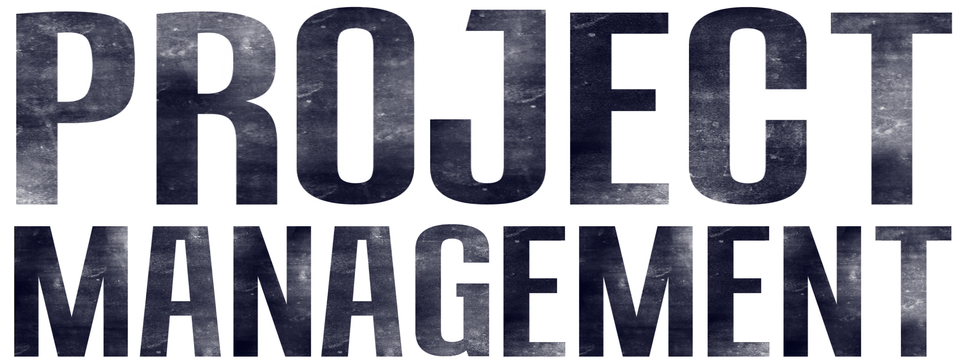When a business standardizes one of its processes, it is justified, financed and sustained within the boundaries of a business process management project charter. Therefore, a project charter defines the issue to be resolved, the scope and the goals of the undertaking and the roles and responsibilities of the parties involved. It is a contract between the management and the team that will implement the change.
In light of the above, this article will highlight how to write a business process management project charter.
To start with, there is no single way to write a project charter. The length and format are purely in the prerogative of the writer. However, if you want it to be read, write a brief one. The ideal project charter should be 2 pages maximum; if you really have to exceed this, then 5 page is your final limit.
Functions of a Project Charter
- To provide brief details about a project. This includes its purpose and scope. It also clarifies what is expected of the implementing team.
- It serves to keep the executing team focused on the critical process that’s being improved.
- It instills a sense of commitment and ownership of the project by the team.
- It gives stakeholders of the organization a big picture of what is taking place.
- It seeks to forestall any side-shows and activities that are not part of the improvement process
What Should Be Included in a Project Charter
The Background of the Project
The background should basically tell the reader the basic reasons for doing the project. It shows the reader the issues that the project achievements will solve. While writing the background, explain what enabled the idea to gain prominence and how you are going to actualize it. While writing it, write as if the reader has no relations or acquaintance with the organization. This way all the pertinent points will be addressed.
The Project Goals
Immediately after the background of the project, write the project goals. Describe them and explain how you are going to achieve them. Also, give a timeline by which these goals will be achieved. Your goals have to attainable. The SMART model can be used to select viable goals for the project. About 80% of project implementation teams spend substantial time reworking tasks due to unclear goals. Thus, ensure that they are clear to everyone. An example of a goal could be the following: “To reduce costs of doing business by 30% by the end of 2017.”
The Project Scope
The scope of the project is essentially the starting and ending point of the whole process. It outlines the components of the business that will be included and those that will be excluded. 43% of businesses report having experienced project failure recently due to lack of befitting project scopes. The scope is quite important as it gives the actions that your team will take to achieve the project objectives. You can use essay writing services to write down a succinct scope.
The Project Team
Make a list of key stakeholders that are involved in the project. Specify who is sponsoring the project, the key formulators of the project, the management members. Be sure to put their credentials and expertise too. If possible, list the titles that each member of the team holds in the organization or outside. List all the departments in the organization that are going to be involved and the input they will have on the project. Mention any experts that are going to be consulted at one point or another as the need arises.
Key Milestones
The project milestones are typically specific dates that have significance. This includes the start date, the end date, and the invoicing dates. These dates are not absolute as but are bet educated guesses. They are meant to fast-track progress and spur people to action.
The Forecasted Budget
All projects are undertaken within the confines of a budget. In fact, the success of a project could be measured by how it utilized a budget. Therefore, it is important to write an accurate account of the expenses and streams of income for the project. Describe each forecasted expenditure and distinguish as either recurring or non-recurring. The values in the budget are to be treated as rough estimates.
The Project Risks, Assumptions, and Constraints
Describe the associated risks that the project may face in its pursuit to achieve the set objectives. They could be classified as either technical risks, financial risks, legal risks, natural risks or labor risks. Outline how the team intends to absorb, transfer or mitigate these risks. If you know how to write an analysis paper, you can employ the know-how to analyze the risks.
Give any assumptions that may have been made when the project was being formulated. These are things that are considered to be true albeit lacking proof. For example, it can be assumed that there will be an uninterrupted flow of cash for financing the project.
The constraints are the limiting factors that may have a bearing on the project. For example, there may be lack of enough specialized personnel to handle specific high-level tasks.
Important Points to Keep in Mind after Writing the Project Charter
Review the Project
After writing the gist of the project charter, review it to check on its effectiveness. Doing this with assistance from your team members is important. Accommodate all the perspectives given by each member and deliberate on the most favorable course of action. It is good to accept that not all projects reach completion. High ranking companies complete to about 89% while low ranking, 36%.
Revise the Project
The project charter should be revised periodically to:
- Incorporate any new information or developments that may come
- Add or cut down the scope of the project
- Add or reduce the number of key stakeholders.
Conclusion
A business process management project charter is an important document in any business. Its use is essential especially in key functions and projects of a business. Use the discussed guidelines to write your project charter, and you are sure to come up with the best one for your business!

















